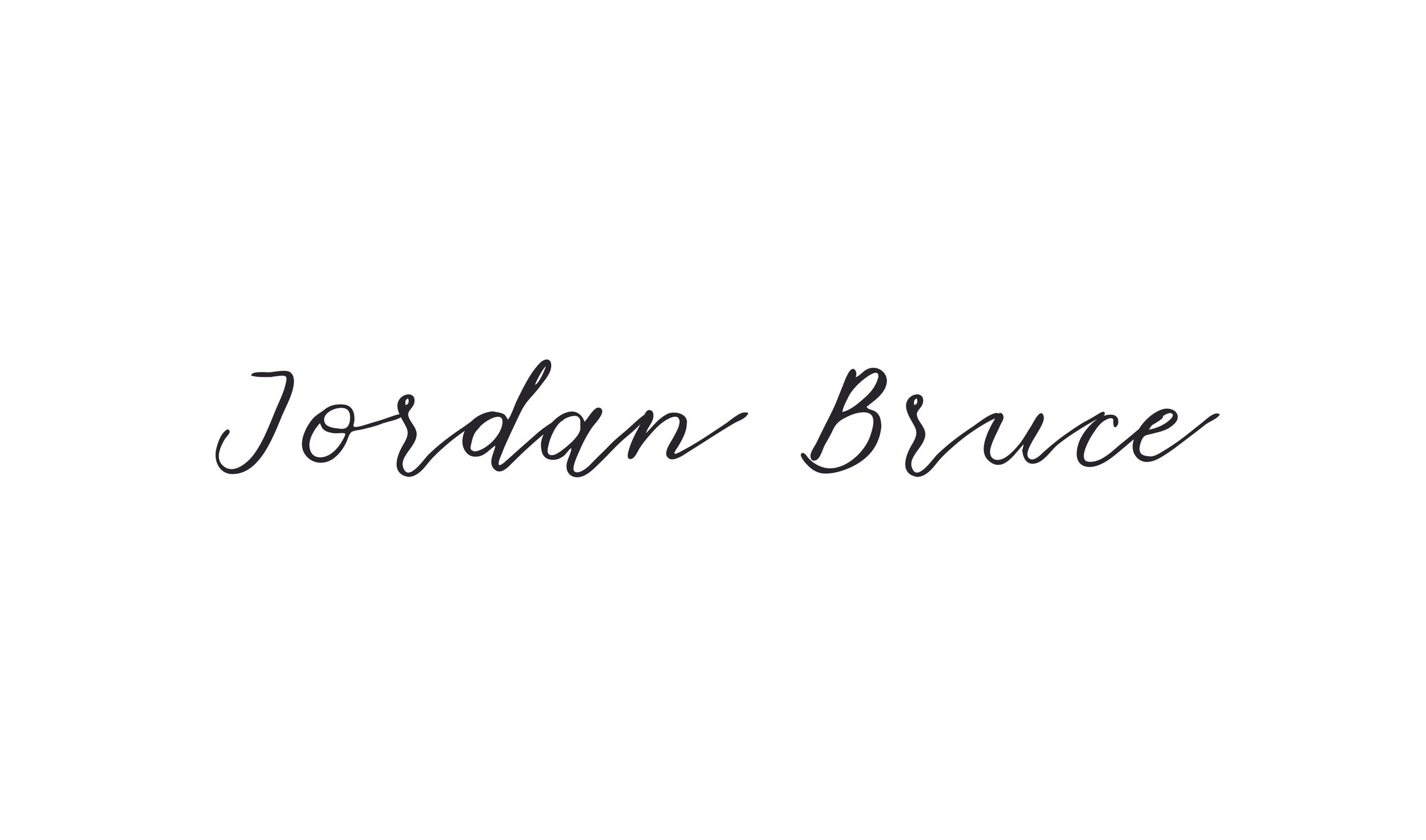Veganuary and Plant-based Resource Guide by a Nutritionist
image by whoistheroach
What is Veganuary?
Is a vegan diet appropriate in all stage of life?
Why do people sign up?
Any books and resources to assist further?
What foods should you focus on?
Supplements required?
What The Heck is Veganuary?
For the month of January, people all over the world decide to eat fully vegan for one month. You’ll focus on nuts, seeds, plant protein, grains, vegetables, fruit, pulses and beans. It may seem hard to avoid dairy, eggs, meat and seafood if you’re used to consuming these daily, but I promise, you’ll become more creative in the kitchen. It’s not restrictive at all and I eat way more diverse than I did when I was omnivore. The average person isn’t eating enough vegetables or getting enough fibre in their day (goal is 25-38g in Canada, but I recommend going higher than that). They key is to ensure you are replacing fats and protein so you feel full and satiated. I’ll give you some examples later on.
Does Science say a vegan diet is healthy?
It is the position of the Academy of Nutrition and Dietetics that appropriately planned vegetarian, including vegan, diets are healthful, nutritionally adequate, and may provide health benefits for the prevention and treatment of certain diseases. These diets are appropriate for all stages of the life cycle, including pregnancy, lactation, infancy, childhood, adolescence, older adulthood, and for athletes. Plant-based diets are more environmentally sustainable than diets rich in animal products because they use fewer natural resources and are associated with much less environmental damage. Vegetarians and vegans are at reduced risk of certain health conditions, including ischemic heart disease, type 2 diabetes, hypertension, certain types of cancer, and obesity. Low intake of saturated fat and high intakes of vegetables, fruits, whole grains, legumes, soy products, nuts, and seeds (all rich in fiber and phytochemicals) are characteristics of vegetarian and vegan diets that produce lower total and low-density lipoprotein cholesterol levels and better serum glucose control. These factors contribute to reduction of chronic disease. Vegans need reliable sources of vitamin B-12, such as fortified foods or supplements. - Academy of Nutrition and Dietetics
Why Do People Sign up?
a sense of community
a challenge always feels so good once accomplished
health benefits include less hypertension, lower LDL cholesterol levels, reduced cancer risk, lower levels of type 2 diabetes
can lead to better bowel movements due to an increase in fibre
a more sustainable way to eat - land use, water consumption, no methane released
did you know the majority of soy goes to factory farmed animals and isn’t for human consumption?
many people eat animals, but could never go through with killing them so this is an opportunity to think about speciesism and our treatment to animals. We love our dogs, cats and horses, but many believe cows, pigs, lambs, goats and chickens don’t have feelings? I think a lot of it is how are are raised - we are brought up to believe some animals are pets and some are food. I find it so interesting that everything marketed towards young children (bedding, books, toys, bath toys, pyjamas) is almost all based on animals because they love all of them. We lose that as we age
Books and Resources
I curated a folder with my favourite vegan resources listed below on amazon for you
How Not To Die by Micheal Greger
The cookbook is great too
Oh She Glows Cookbook
B12 supplement
Vegan D3/K2
kids supplements
Minimalist Baker Cookbook
Simon Hill’s Plant Proof
Will B’s Fibre fuelled (gut health)
David Suzuki on veganism and sustainability
Cowspiracy movie
Forks over Knives movie and website
Eating Animals
Foods To Focus On:
Protein
edamame
soy milk
organic or non GMO tofu/smoked tofu
tempeh
lentils
quinoa
peas
chickpea lentil pasta
hemp hearts/chia/flax/peanut butter are healthy sources of fat, but also contain protein
beans are a carb, but offer some protein
protein powder is optional, but I do like it in smoothies or post workout
occasional mock meats, such as Beyond Meat or Just Egg is ok and delicous at times
chickpea flour is so tasty as an omelette
Healthy Fats
use olive oil or avocado oil for high heat cooking. EVOO can even replace butter in many recipes
avocado
soy products
nuts/seeds
it’s important to eat ALA rich foods (flax, chia, hemp seeds), but I also like to take an algae oil occasionally as quality assurance as we don’t know how much we concert into omega 3
Vitamins & Minerals
Guess what? You can get all your vitamins and minerals from a plant-based diet except B12 and D3. However, B12 is injected into farm animals are they no longer get B12 from the soil since they majority are factory farmed. This means, your omnivore friends are also getting it from a supplement.
The thing about D3 is if you live in North America, you’ll need D3 supplementation no matter what way you choose to eat. We just don’t have enough sunshine in Canada throughout the Winter months especially so supplementation is not unique to vegans or plant-based eaters.
Recipe Ideas
Recipe Ebooks with Macros and Vitamins
50 gluten-free vegan recipes that are anti-inflammatory and warming, perfect for Fall and Winter
lower fat plant-based meal plan (30% from fat)
Any tips that worked well for you? Anything you’d like answered? Just comment below!
I hope this resource helps you. As a nutritionist and plant-based eater for over 11 years, I can assure you it’s possible to get your minerals, vitamins, protein and fibre from plants.
Jordan Bruce, RHN































There is so much misinformation about soy consumption. Read why this nutritionist, Jordan Bruce, recommend you eat soy food.